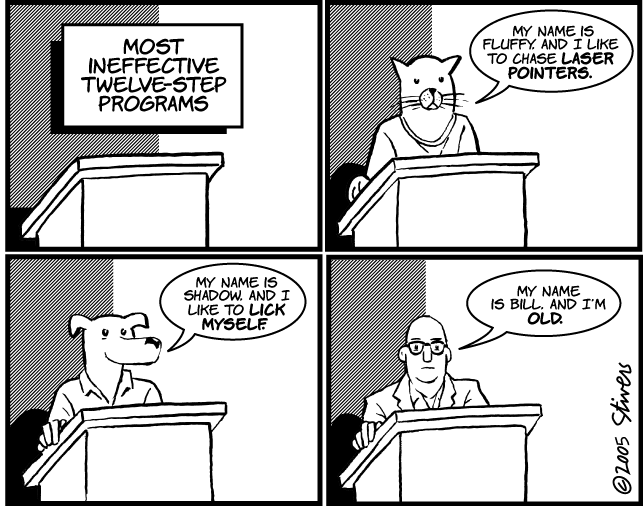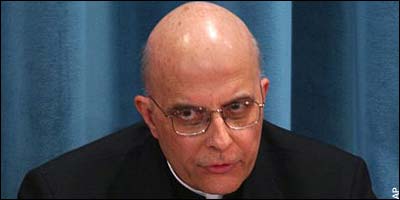I don't know that the Vatican's use of social networking and the internet is going to be much more effective.
According to a current article in America Magazine, a recently held conference on the lack of twenty somethings in Roman Catholicism identified the following three issues as reasons Gen Xers and the Millennials are scarcely seen in Church.
I think it's interesting that the article doesn't state dogma and doctrinal issues other than those surrounding sex and gender. I often wonder if the above issues, which are cultural, are not excuses hiding the real reason for lack of participation, which is younger generations don't buy into a whole lot of Church teaching, like the Nicene Creed for starters. I suspect if it were only the aforementioned issues, the Episcopalian, Lutheran, and other denominations would have a much higher youth profile than Catholicism. Since they don't, it leads me to believe the younger generations aren't into a whole lot of what passes for traditional Christianity. Bishop Shelby Spong may indeed have his pulse on some unpalatable truths for the Vatican's re evangelization effort.
I can remember one conversation with a young person (who shall go nameless) about the Incarnation of Jesus. This YP did not believe any of the teachings surrounding the birth of Jesus. It made absolutely no scientific sense. If Jesus was born of a virgin and sex was not involved in his creation, then he certainly wasn't human and Jesus couldn't be a clone or the result of parthenogenesis because then he would have to be a she. The Holy Spirit may be a lot of things, but one thing the Holy Spirit is not, is human. What ever Jesus's genetics were, they were either human or he was some sort of hybrid. If he was a hybrid he wasn't human.
It's hard to argue with this kind of straight forward logic. And then of course, came the counter question. "Do you seriously believe this stuff?" My answer was, "not exactly. A lot of it isn't relevant to my experience of the Faith so I tend to ignore it. Let's just say I probably won't be taking certain bishops oaths of fidelity any time soon."
"Then why stay or bother with Catholicism at all?' was the next question. My answer to that caused some consternation. I said because the magic is real. Something is really happening and that happening is independent of what you or I or anyone else thinks, and that to me is exciting. It's in that experience of the magic, that I find the truth of Catholicism. It's not found in all the verbiage. (I'm using the word 'magic' here, not in the Harry Potter sense, but in the awe and wonder sense.) My young friend did understand what I was getting at because said young friend had been to a couple of Native American Sweat Lodge ceremonies. Real ceremony puts a participant in a place outside of time and space. They make one feel potentials are certainties and certainties are potentials. They are good places to be. Everyone belongs. There is a palpable feeling of connection to something beyond perceptual reality, and yet there is no fear. This is religious magic of the good sort.
But then there is the other sort. The sort which is front and center in the just released Anthony Hopkins thriller, The Rite. I have more than a sneaking suspicion the new evangelization is going to feature this sort of Catholic magic somewhat prominently. This kind features fear of the supernatural and promotes the priesthood as exorcist/protector against Satan and all his works. This kind might sell movie tickets, but it doesn't really inspire the average Joe to actually follow the teachings of Christ. At best it might inspire Joe putting the number of the local exorcist on speed dial.
This would not be a good step should the Vatican and the USCCB continue to sneak in the exorcism and demonology thing as the USCCB did at it's last Baltimore meeting, and the Vatican has done with their exorcism school--a school which is ironically run by the Legion of Christ and is featured in The Rite. What they might want to consider is working hand in hand with current science in an effort to get a better understanding on just how human consciousness works and what it's potentials are, but to do that means giving up the medieval notions of the mind/body/soul split and moving to a more integrated holistic understanding of humanity. That kind of thing might just capture the imagination of the younger generations and that would be a good kind of evangelization.












